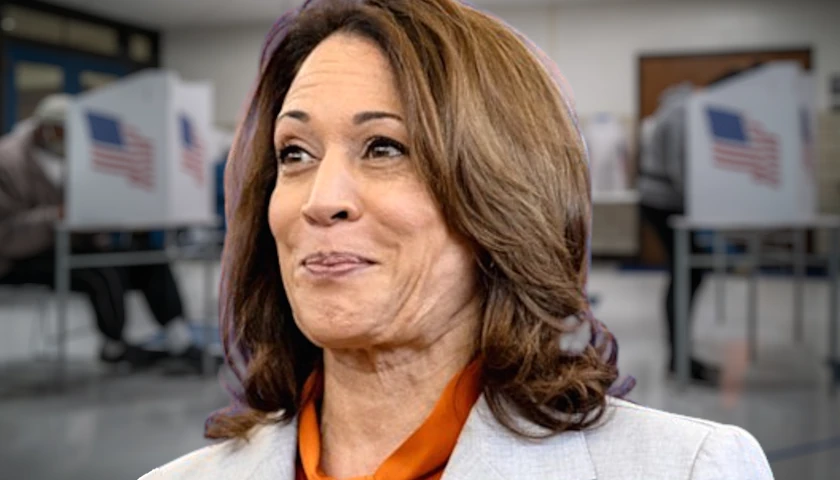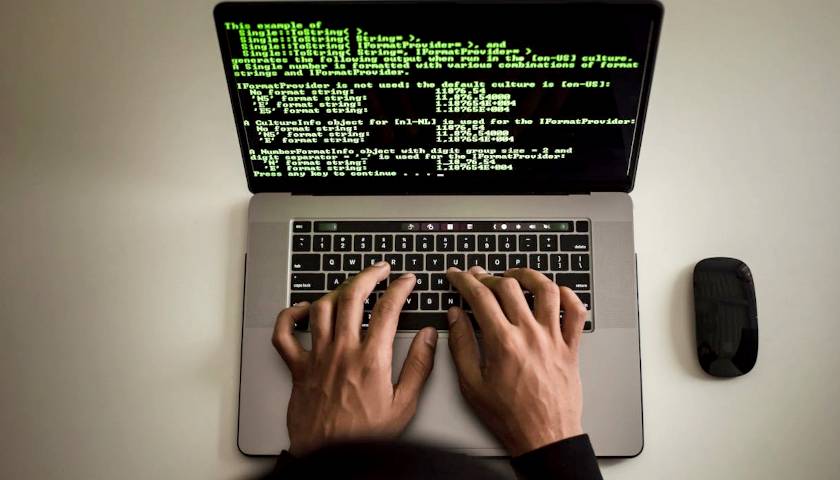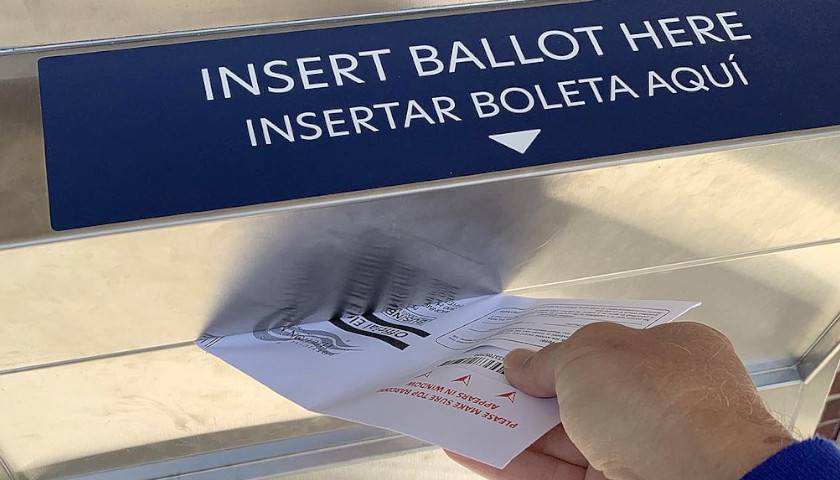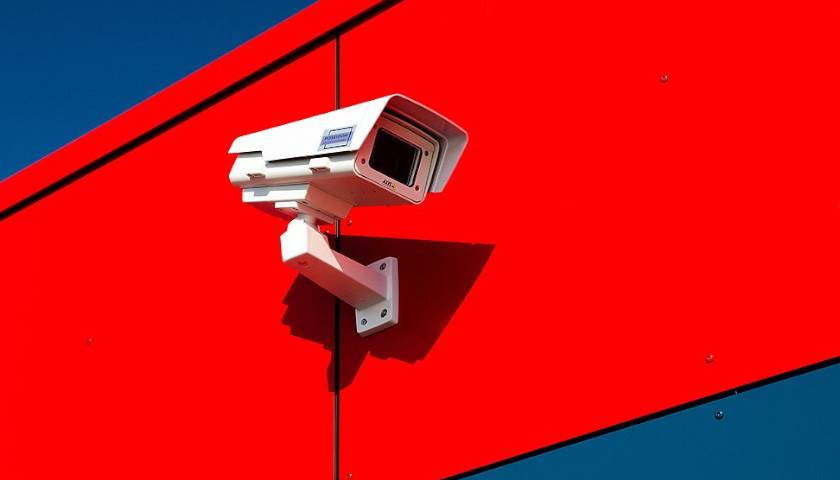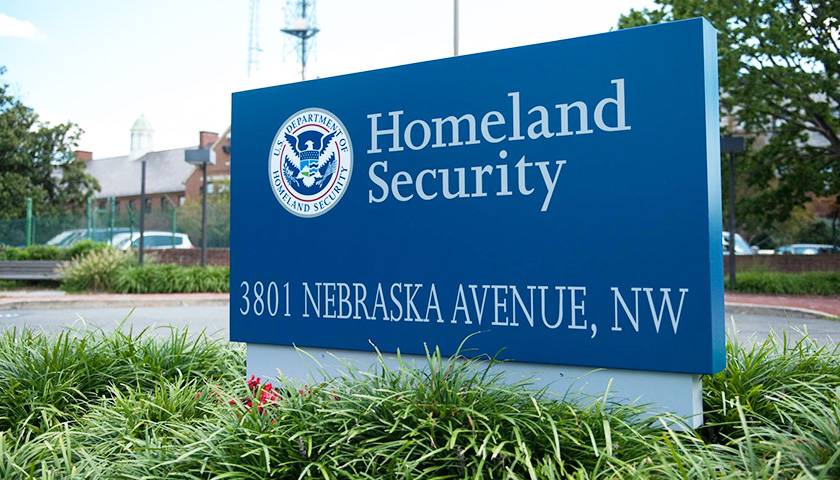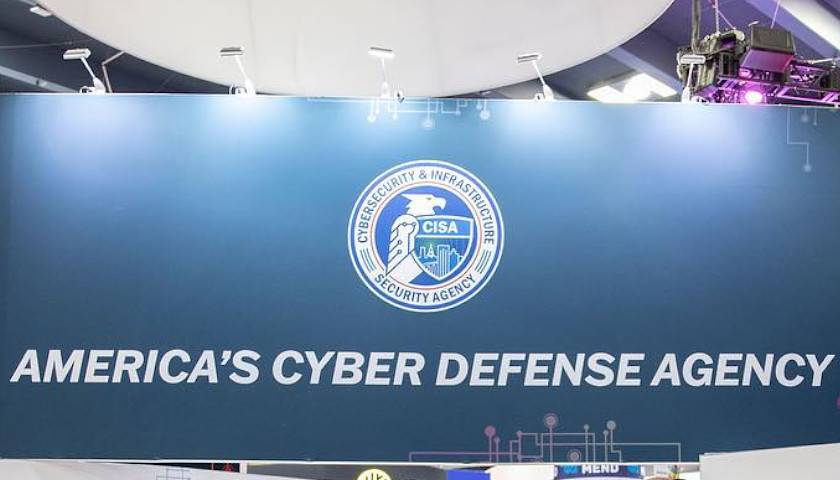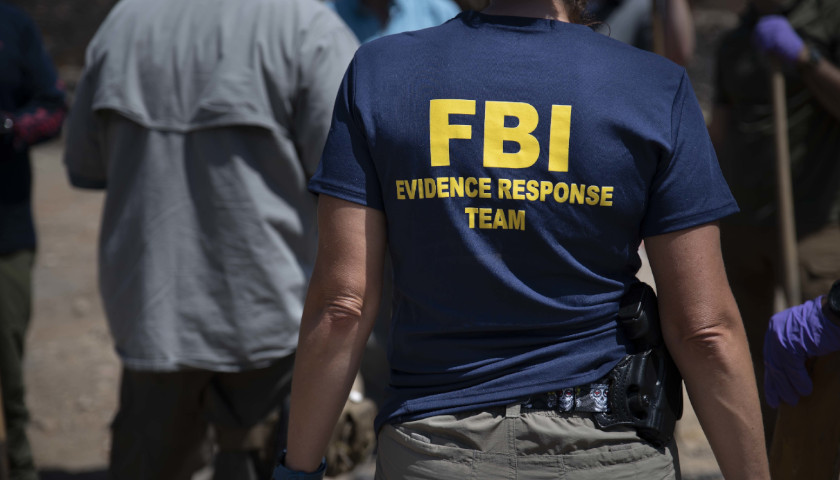Hackers at a conference last weekend found numerous vulnerabilities in election machines while the U.S. Election Assistance Commission (EAC) confirmed that current voting systems to be used in the November election have not been tested by third parties for vulnerabilities.
While many vulnerabilities were found in election machines at the conference, Georgia is set to use outdated election machines for the November presidential election, and the EAC doesn’t have a standard testing process in place to search out vulnerabilities in election equipment.
Read More


